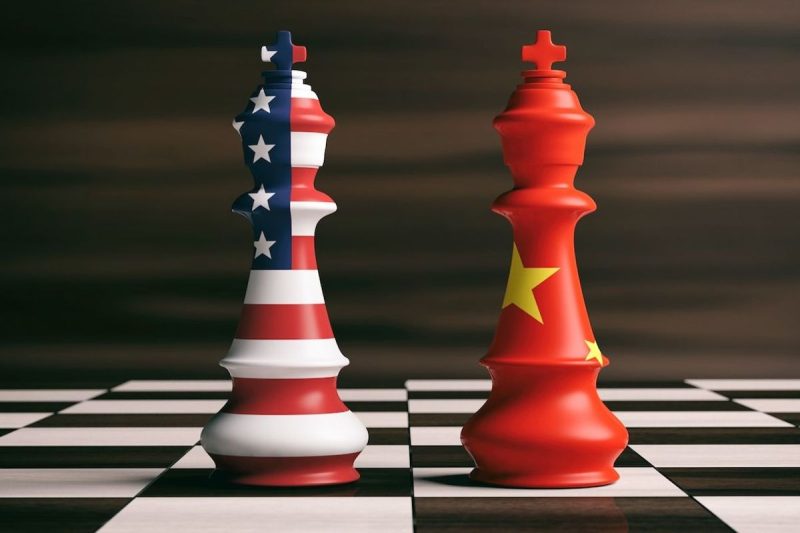The Biden Administration’s proposal to ban Chinese vehicles citing espionage concerns has sparked intense debate and scrutiny across the automotive industry and within political circles. The move comes amid heightened tensions between the United States and China, with concerns about national security and intellectual property theft at the forefront.
The proposal, if implemented, would have significant implications for Chinese automakers seeking access to the lucrative U.S. market. Companies like BYD, NIO, and Xpeng have been making inroads in the electric vehicle sector and were eyeing expansion into the U.S. market. However, the proposed ban would block these companies from selling their vehicles in the country, dealing a severe blow to their growth prospects.
Proponents of the ban argue that Chinese vehicles could pose a threat to national security due to the potential for electronic surveillance and data collection built into the vehicles’ systems. There are concerns that these vehicles could be used to gather sensitive information, monitor individuals’ movements, or even be remotely controlled by malicious actors.
On the other hand, critics of the ban argue that it could lead to retaliatory measures from China, disrupting the global automotive supply chain and harming American consumers who have embraced Chinese-made vehicles for their affordability and innovative features. They also question the effectiveness of the ban in addressing real security threats, highlighting the need for a more nuanced approach to safeguarding national interests.
The proposal has also raised questions about the broader implications for international trade and diplomatic relations between the two superpowers. The automotive industry, which is already grappling with supply chain disruptions and chip shortages, could face further uncertainty if the ban is enacted, leading to increased prices for consumers and economic repercussions for both countries.
In conclusion, the Biden Administration’s proposal to ban Chinese vehicles citing espionage concerns represents a complex and multifaceted issue that requires careful consideration of national security, economic interests, and diplomatic relations. While it is essential to address legitimate security threats, policymakers must also weigh the potential consequences of such a ban on the automotive industry and global trade. Finding a balance between security and cooperation will be crucial in navigating the challenges posed by the growing influence of Chinese automakers in the international marketplace.






























